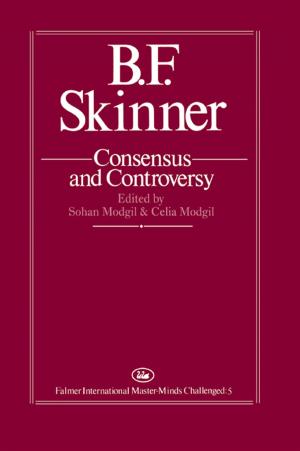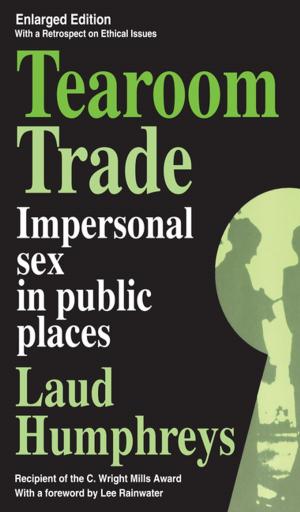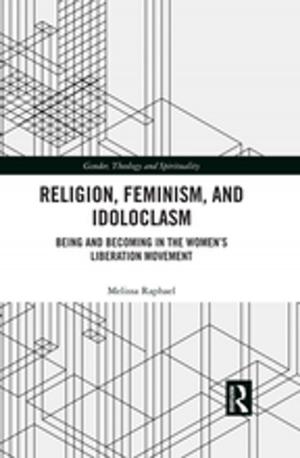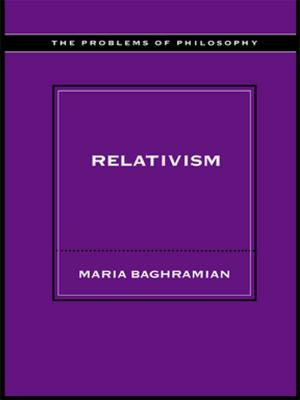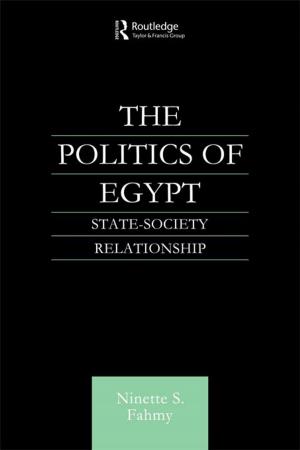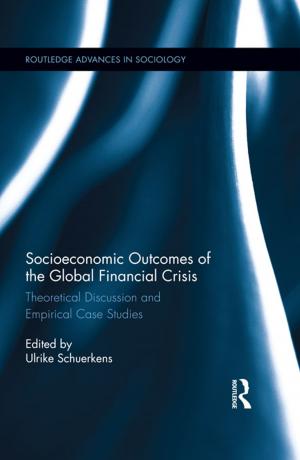| Author: | Richard Ashcraft | ISBN: | 9781135026899 |
| Publisher: | Taylor and Francis | Publication: | October 17, 2013 |
| Imprint: | Routledge | Language: | English |
| Author: | Richard Ashcraft |
| ISBN: | 9781135026899 |
| Publisher: | Taylor and Francis |
| Publication: | October 17, 2013 |
| Imprint: | Routledge |
| Language: | English |
This volume guides the reader through a detailed examination of the text to an understanding of Locke’s political ideas in relation to his writings on philosophy, education, religion and economics and the influence these ideas had upon eighteenth-century political theorists. The author shows how Locke carefully constructed his political perspective as a defence of the principles of natural rights, constitutional government and popular resistance. He offers an original interpretation of the Two Treatises…, emphasizing the specific ways in which Locke’s political purposes in writing the work influence his discussion of such concepts as the state of nature, property, consent and tyranny. The author discusses the historical and biographical context of the work and demonstrates how eighteenth century political thinkers developed or rejected aspects of Locke’s political theory and summarizes important recent studies of Locke’s work.
This volume guides the reader through a detailed examination of the text to an understanding of Locke’s political ideas in relation to his writings on philosophy, education, religion and economics and the influence these ideas had upon eighteenth-century political theorists. The author shows how Locke carefully constructed his political perspective as a defence of the principles of natural rights, constitutional government and popular resistance. He offers an original interpretation of the Two Treatises…, emphasizing the specific ways in which Locke’s political purposes in writing the work influence his discussion of such concepts as the state of nature, property, consent and tyranny. The author discusses the historical and biographical context of the work and demonstrates how eighteenth century political thinkers developed or rejected aspects of Locke’s political theory and summarizes important recent studies of Locke’s work.

